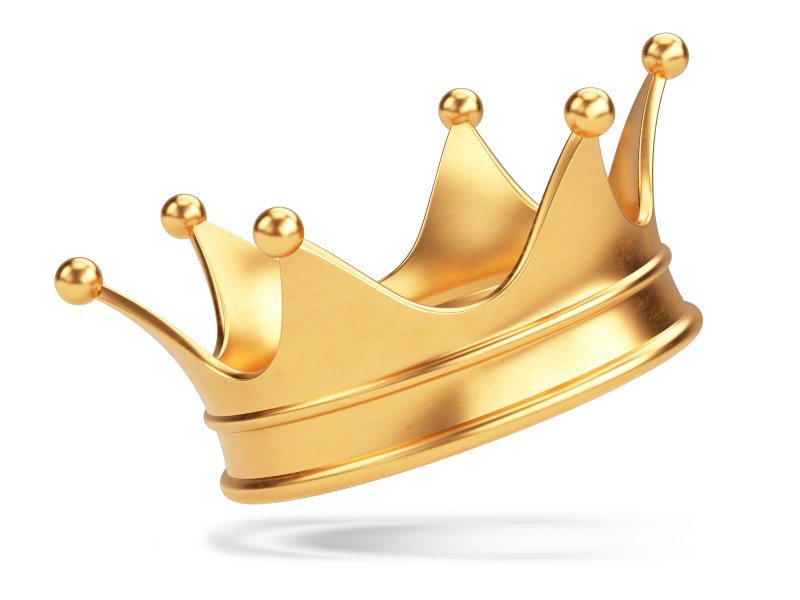
Dentists have used dental crowns to restore compromised teeth to their original shape and function for centuries, and the technology involved has improved a lot since they were first introduced. Recent decades have seen different types of dental crowns made from different materials, and they all come with their strengths and disadvantages. Here are a few of the materials used to make dental crowns and the pros and cons of each of them.
What Is a Dental Crown?
A dental crown is a tooth-colored prosthetic cap designed to be worn by a damaged tooth to provide protection and allow it to function normally. They are often used after injury, severe decay, or root canals to allow a tooth to chew normally after it has lost a significant amount of structure. How well the appearance of a dental crown matches the rest of the smile largely depends on what materials it is made from.
What Materials Can Dental Crowns Be Made From?
Dental crowns can be made from a variety of materials. A few types include:
Metal crowns
For a long time, metal was the only game in town when it came to dental crowns. Common examples were gold, copper, and silver. While these crowns were certainly strong, they did not blend in well with the rest of the teeth. Since metal conducts heat so well, they can also cause sensitivity in the treated tooth when drinking hot or cold beverages.
Metal-fused-to-porcelain crowns
More recently, metal-fused-to-porcelain crowns became common. These crowns were made from a metal base attached to the tooth and covered with a porcelain shell to give the tooth a natural appearance. As these crowns age, the porcelain shell can grow apart from the metal base, resulting in a conspicuous dark line forming around the base of the crown.
Porcelain crowns
More recently, porcelain crowns became the standard because they blend in with the rest of the smile almost perfectly. Since porcelain doesn’t conduct heat well, the patient can consume hot or cold food or drinks without worrying about dental sensitivity and smile without anyone noticing that they’ve had dental work.
Dental crowns are a tried and proven method of tooth restoration. Consulting with your dentist can determine if replacing older crowns with porcelain ones is a good course of treatment for you.
About the Author
Dr. Monica Andrews earned her dental doctorate at New York University College of Dentistry before completing a yearlong MaxiCourse at Rutgers Dental School. She is proud to hold a membership with the American Academy of Implant Dentistry. Her office in Eatontown, NJ offers general, cosmetic, emergency, and restorative dentistry such as dental crown treatments. For more information on different kinds of dental crowns, contact the office online or dial (732) 863-3899.
